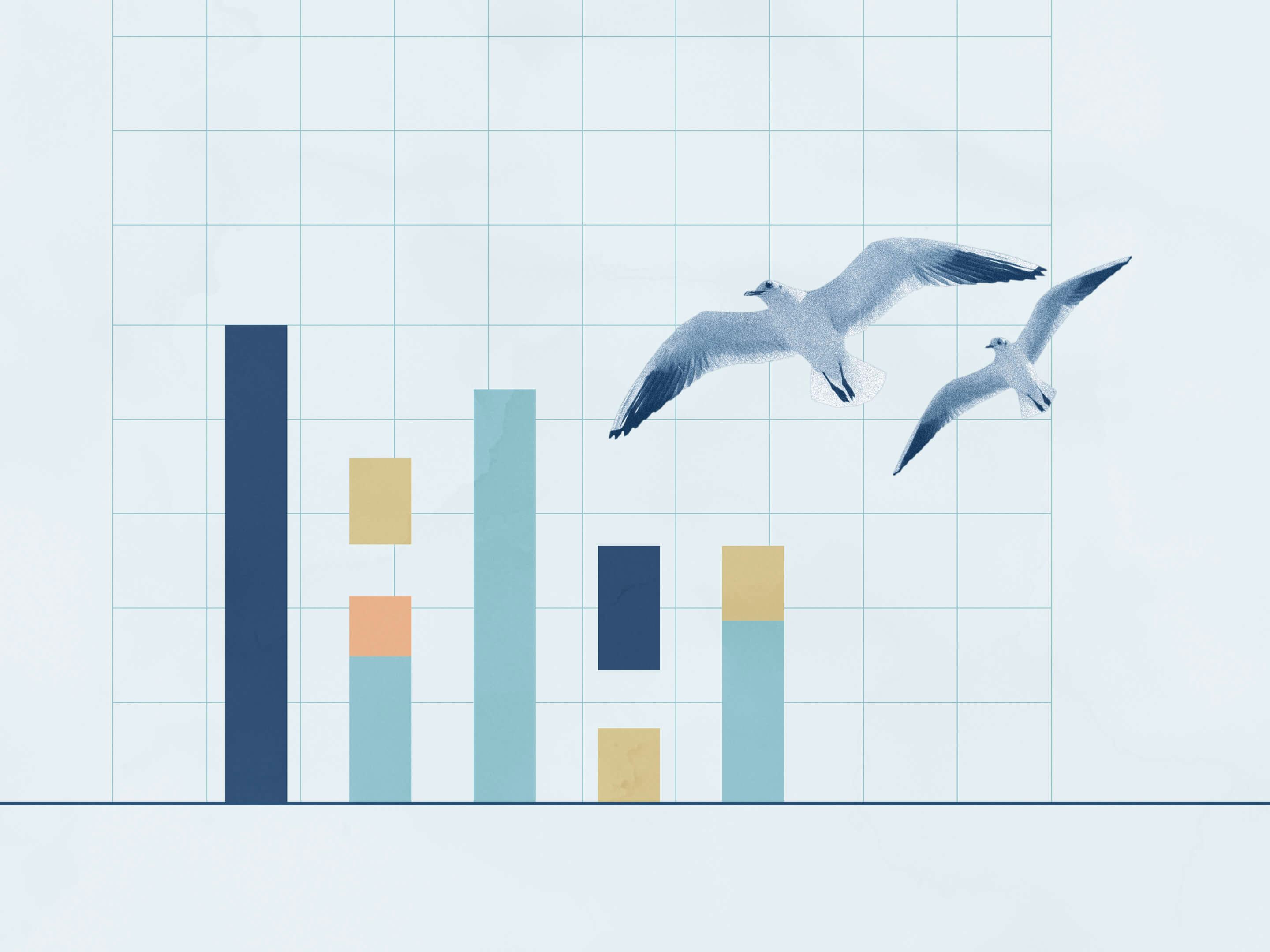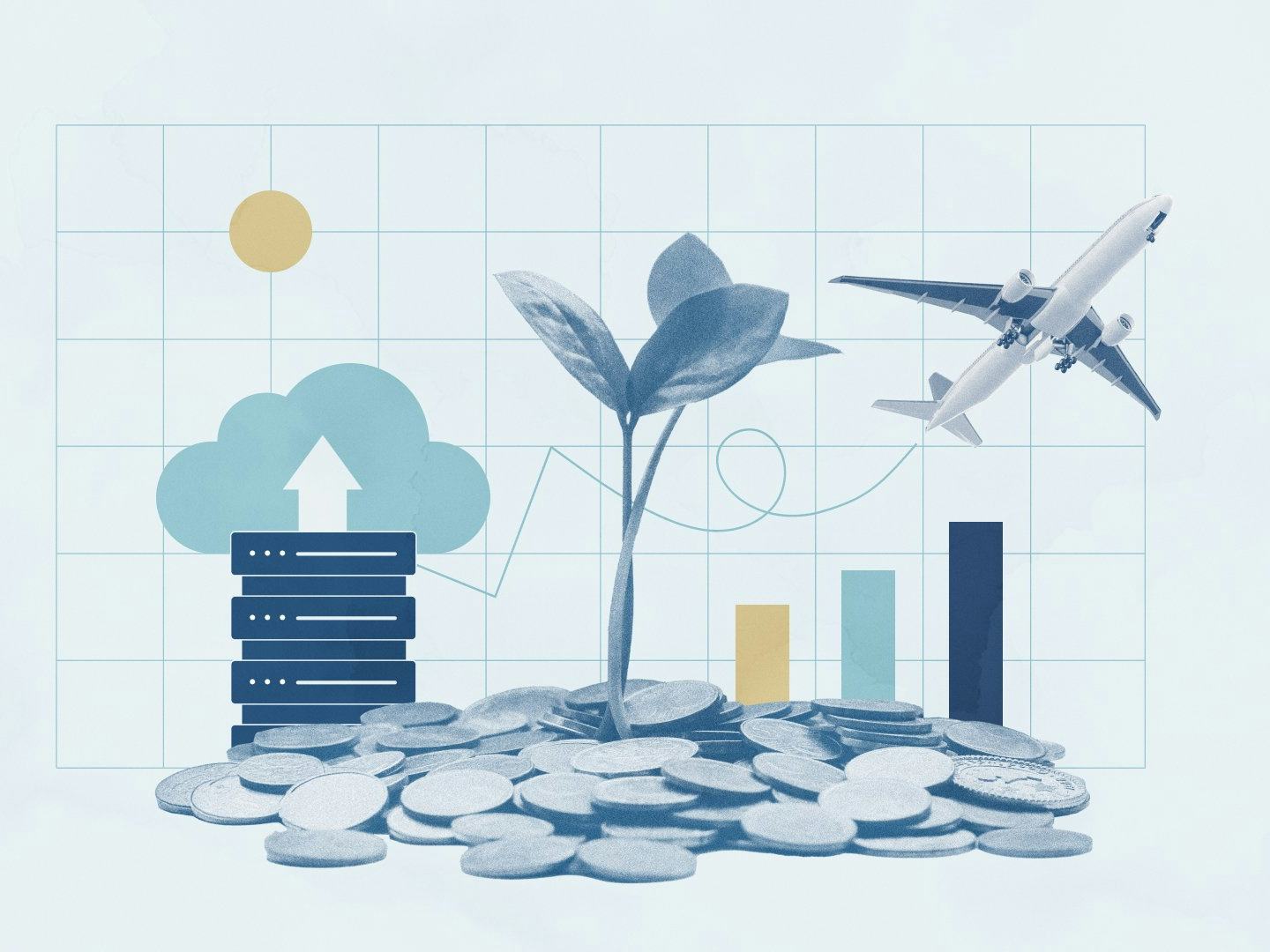The fall of Fly Play hf. was the hottest topic in the Icelandic economy in September. The company ceased operation on 29 September and, in addition to the 400 employees who lose their jobs, its discontinuation affects numerous Play customers. It is difficult, at this moment, to predict the macroeconomic impact of the airline’s bankruptcy. The company is much smaller than WOW Air was when it ceased operation in 2019, it has around half the number of employees and the same goes for its customers. Play has also reduced its activities in recent months – even so, the travel sector has had a good summer season.
It is likely that the bankruptcy will reduce the number of tourist visits to Iceland to some degree in the short term. Tourist arrivals have increased slightly between years this summer. The fall of Play may also detract from overseas trips by Icelanders, who have been travelling in record numbers this year to date. While the demand for tickets exists, other airlines can be expected to respond and as the market share of Play was smaller than that of WOW, it could happen much faster yet not overnight. Tourist arrivals might decline in the short term.
The news had limited short-term effects on the exchange rate. The ISK depreciated slightly in the morning of 29 September but had bounced fully back later that day. The impact on inflation is also unclear. Airfare prices could rise due to reduced competition in the short term yet at the same time, tension could ease domestically to some extent if tourist numbers drop and unemployment increases slightly.
Inflation has ranged between 3.8-4.2% since February of 2024. Inflation was expected to rise in September as 12 months had then passed since school meals were made free of charge in elementary schools. The lowering impact of that change dropped out of 12-month inflation now in September, leading to a jump in inflation from 3.8% to 4.1%, as we had expected.
Some tension is still present in the domestic economy. Payment card turnover grows month-on-month, car purchases are on the rise and trips abroad have increased rapidly. At the same time, deposits continue to increase in real terms and overdraft loans remain moderate. Demand is robust and Icelandic households generally well positioned despite the high interest-rate environment, which has put a damper on inflation. A strong ISK has also kept inflation at bay by reducing price pressure on imported goods, such as clothing & footwear. Various forces exert forces in opposing directions and, as before, it is key that the Central Bank and the government proceed with caution to prevent overheating.
We expect inflation to remain within the same narrow band for the remainder of the year and to measure 4.2% in October, and 4.0% in November and December. Having regard for this forecast, it is unlikely that we will see further policy rate cuts this year - the Central Bank announces its next rate decision on Wednesday next week.
Open the full text:
Disclaimer
This review and/or summary is marketing material intended for information purposes and not for business purposes. This marketing material does not contain investment advice or independent investment analysis. The legal provisions that apply to financial advice and financial analysis do not apply to this content, including the ban on transactions prior to publication.Information about the prices of domestic shares, bonds and/or indices is source from Nasdaq Iceland - the Stock Exchange. Landsbankinn’s website contains further information under each individual equity, bond class or index. Information about the prices of non-domestic financial instruments, indices and/or funds are sourced from parties Landsbankinn considers reliable. Past returns are not an indication of future returns.
Information about the past returns of Landsbréf funds is based on information from Landsbréf. Detailed information about the historic performance of individual funds is available on Landsbankinn’s website, including on returns for the past 5 years. Information about the past performance of funds show nominal returns, unless otherwise stated. If results are based on foreign currencies, returns may increase or decrease as a result of currency fluctuations. Past returns are not necessarily an indication of future returns.
Securities transactions involve risk and readers are encouraged to familiarise themselves with the Risk Description for Trading in Financial Instruments and Landsbankinn’s Conflict of Interest Policy, available on Landsbankinn’s website.
Landsbankinn is licensed to operate as a commercial bank in accordance with Act No. 161/2002, on Financial Undertakings, and is subject to supervision by the Financial Supervisory Authority of the Central Bank of Iceland (https://www.cb.is/financial-supervision/)










